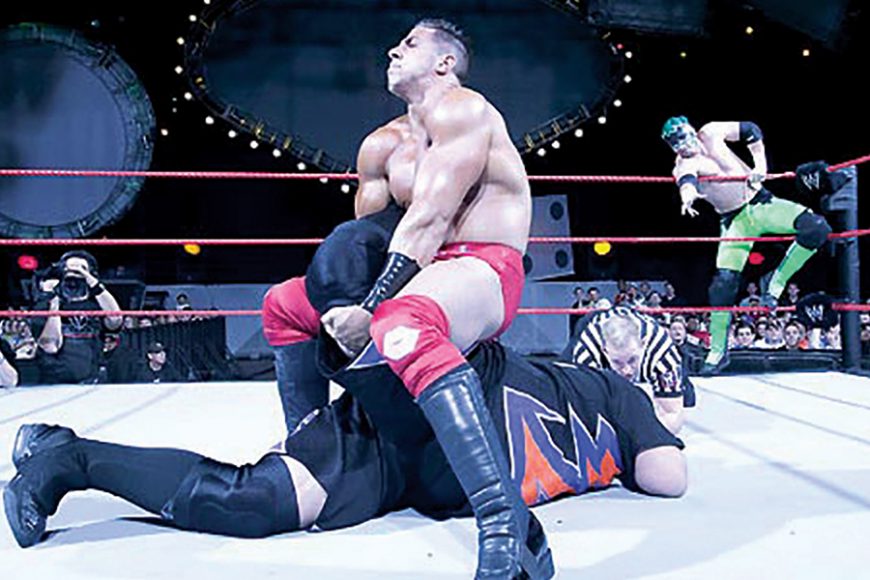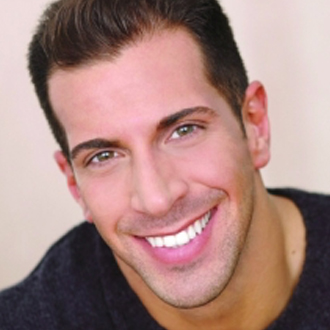“Being relentless means never being satisfied. It means creating new goals every time you reach your personal best. If you’re good, it means you don’t stop until you’re great. If you’re great, it means you fight until you’re unstoppable.”
—Tim S. Grover, World-renowned sports trainer
Elite athletes are visionaries. They are known for their innate ability to react, their confidence, their leadership and their fighting spirit. They climb to the top of their sport battling through many obstacles and eventually end up reaping the rewards with success in their given profession. They must also accept that this success is often met with age, injury and other circumstances.
Once retired from their sport, many athletes stay within the fitness industry and become coaches, trainers, etc. But going from top athletic performer to fitness professional may come with its own set of growing pains. What are some mistakes that athletes can make during this transition? Below is a list of some things to keep an eye on if you find yourself training with a former athlete. As a former WWE professional wrestler, I personally have gone through my own learning curve, which includes much of what is listed below.
1. The way this individual has trained as an athlete has been successful for them. Be aware that training you the same way may not yield the same outcome. Just because the trainer has a routine that he enjoys and exercises that have been successful for him, doesn’t mean that they will work for others and/or should be used on the clients. In addition, how this athlete trains himself or herself may not be optimal for accomplishing your true goals and needs. “I work out this way so you should, too” should not be the case. (In actuality you may need training that is quite different). There are a lot of variables that would go into creating a specific program for an individual.
2. An athlete’s priority is taking care of himself and his body to succeed in a given sport. A trainer needs to understand that to many, fitness is simply a part of the pie comprised of family, work, etc. Finding time to exercise may be a luxury, or may be difficult for some clients. What may seem inconsequential to an athlete can be very real to a regular (or irregular) gym-goer. This athlete turned trainer needs to be able to understand this, have empathy and create the best situations possible given the circumstances.
3. Successful athletes have great habits, unrivaled discipline and relentless mental focus. With these qualities, which are ingrained in athletes, it could be easy for frustration to set in when there isn’t as strong a discipline or focus found in the clients. Some may even end up blaming the client for a lack of success versus taking responsibility as the coach. This is why a thorough assessment is vital when beginning with a client and should be extremely helpful for both parties. The coach should be asking questions that allow him to learn what the client needs and what has been difficult in the past. Do you need help with nutrition? Has commitment been an issue in the past? Overtraining? Scheduling? Your obstacles should lead the coaching style. What may seem like a no-brainer habit for an athlete may very well be quite the challenge for you.
Now, this is also not to say that being a former athlete does not have its advantages when it comes to training clients. Attention to detail, motivation, timeliness and respect are just some of the traits where an athlete will excel at based on their past experiences. By the same token, if you get the opportunity to train with an elite athlete, that doesn’t necessarily guarantee success.
High-level athletes are a special breed. All roads in their lives drive them to get to the top of their sport and stay there. They need to bring these same traits to their job by having a right attitude, being open to learning and having the passion and drive to work their way up this job ladder just as they’ve risen to the top of their sport.
Reach Giovanni on Twitter @GiovanniRoselli and at his website, GiovanniRoselli.com.


